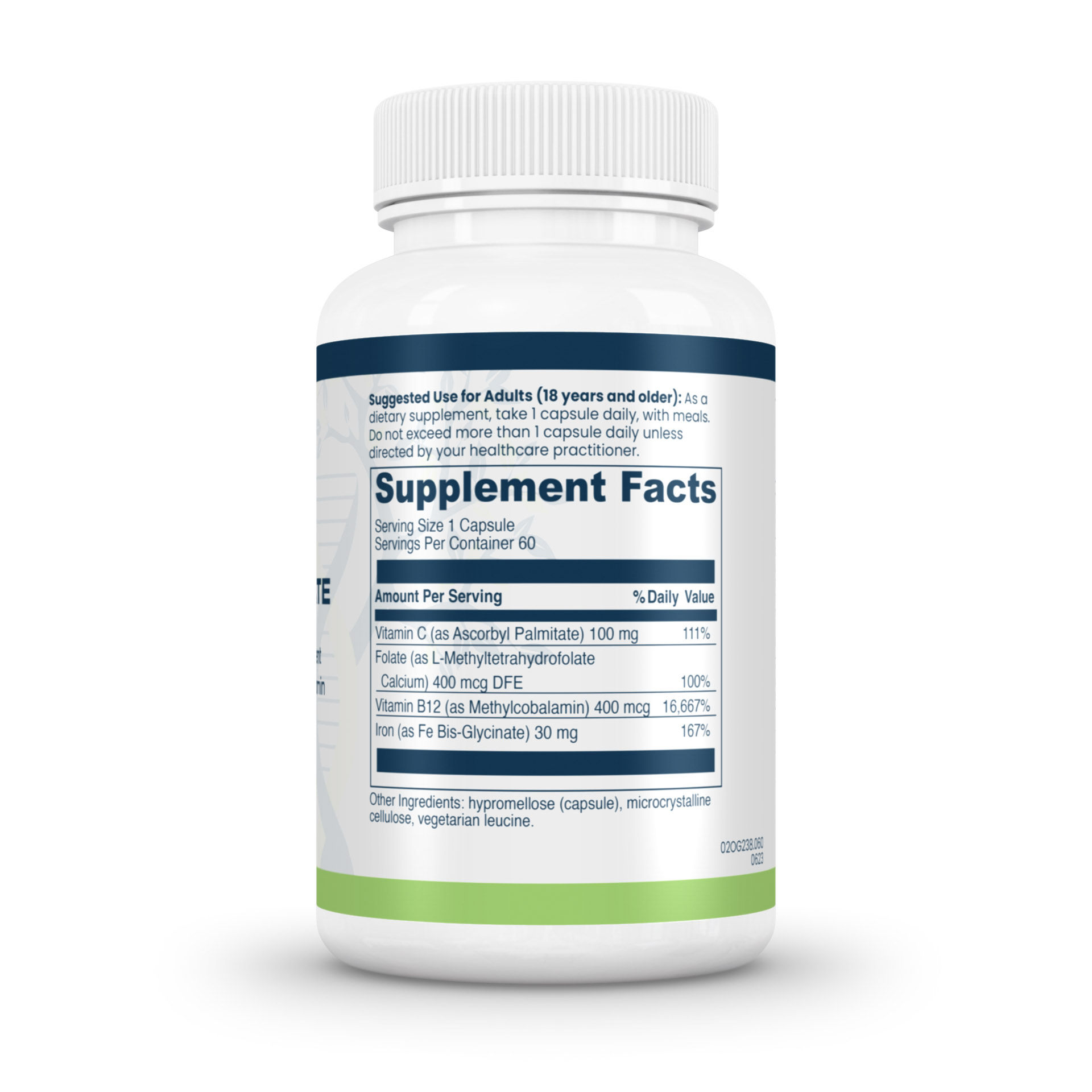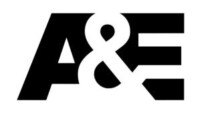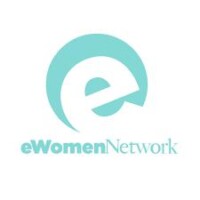Iron Bis-Glycinate
Iron Bis-Glycinate by EVEXIAS Health Solutions is a clinically formulated, non-constipating iron supplement designed to replenish iron levels and support energy production, red blood cell function, immune strength, and overall vitality. This advanced formula features a highly bioavailable form of iron combined with synergistic cofactors, Vitamin C, Folate, and Vitamin B12, for enhanced absorption and utilization. Formulated with Iron Bis-Glycinate chelate, this gentle yet effective solution is ideal for individuals with iron deficiency or increased iron needs due to menstruation, digestive conditions, or high physical output.
What It Is
Iron Bis-Glycinate is a chelated iron supplement that offers high bioavailability and excellent gastrointestinal tolerance. The bis-glycinate form binds iron with the amino acid glycine, which minimizes typical side effects like constipation, nausea, or cramping. It is combined with methylated B vitamins and ascorbyl palmitate (a fat-soluble form of Vitamin C) to enhance absorption and support red blood cell production, neurological function, and tissue oxygenation.
What It Does
- Enhances hemoglobin and myoglobin synthesis for optimal oxygen transport
- Supports immune resilience, energy levels, and metabolic health
- Promotes iron replenishment patients with gut sensitivity
- Boosts thyroid hormone activity and supports overall hormone balance
- Aids recovery from blood loss or iron depletion from menstruation or athletic exertion
Who It’s For
This formulation is ideal for:
- Women with heavy menstrual cycles (menorrhagia)
- Individuals suffering from iron-deficiency anemia or fatigue
- Patients with IBD, IBS, or compromised gut health
- Those recovering from illness, surgery, or blood loss
- Athletes or active individuals with higher iron demands
- Anyone across with symptoms of low energy, pale complexion, or poor immune defense
Active Ingredients
Serving Size: 1 Capsule
- Iron (as Ferrous Bis-Glycinate Chelate): 30 mg
- Vitamin C (as Ascorbyl Palmitate): 100 mg
- Folate (as L-Methyltetrahydrofolate Calcium): 400 mcg DFE
- Vitamin B12 (as Methylcobalamin): 400 mcg
This strategic blend improves iron transport and utilization while minimizing oxidative damage and gastrointestinal distress.
Mechanism of Action
Iron is essential for the production of hemoglobin (the oxygen-carrying protein in red blood cells) and myoglobin (the oxygen-storing protein in muscles). It is also involved in cellular respiration, energy production, immune defense, and thyroid hormone synthesis. The bis-glycinate chelate form allows for enhanced intestinal absorption, minimal gastrointestinal irritation, and steady systemic delivery without spiking iron levels. Vitamin C enhances non-heme iron absorption, while methylated folate and B12 facilitate red blood cell formation and methylation cycles vital for hormone balance and detoxification.
Key Health Benefits for the Community
- Replenishes iron stores without causing GI discomfort
- Enhances energy, endurance, and oxygen delivery for those
- Promotes immune resilience and wound healing
- Improves mental clarity and focus adults
- Supports thyroid function and hormone synthesis
- Ideal for those with IBD, IBS, or leaky gut
Conditions Supported
- Iron-Deficiency Anemia
- Fatigue and Weakness
- Those Experiencing Heavy Menstrual Cycles / Menorrhagia
- Thyroid Dysfunction
- Immune Compromise
- Inflammatory Bowel Disease (IBD, IBS)
- Athletic Recovery & Performance
- Adults Struggling With Gastrointestinal Sensitivities (Non-constipating formula)
- Leaky Gut Syndrome
Why Choose Iron Bis-Glycinate by EVEXIAS Health Solutions?
Unlike traditional iron supplements, Iron Bis-Glycinate is easy on the digestive tract while being highly effective. Backed by clinical science and formulated with methylated nutrients for maximal absorption, it is the ideal solution for patients needing targeted iron support without the drawbacks of conventional iron therapy.
























